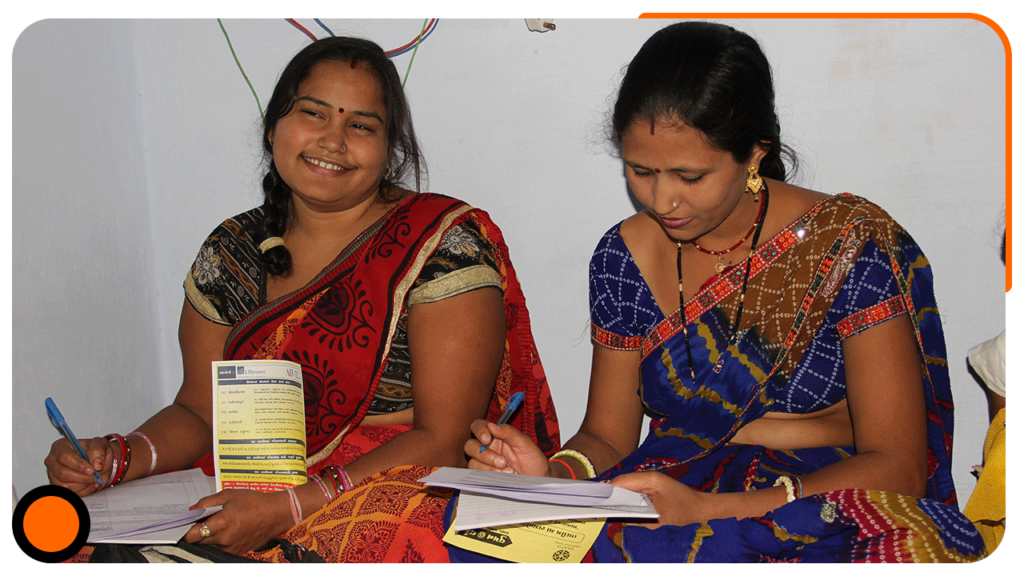Empower Foundation
Impact evaluation of a skill development initiative seeking to enhance technical and soft skills of adolescent girls and women in non-traditional jobs
Partner/Client
Empower Foundation and SAATH Livelihood Services
Sector
NGO
Location
Uttar Pradesh, India
KEY HIGHLIGHTS
- Improvements in attitudes, self-esteem, and confidence levels were reported among participants in the study
- 97% of participants suggested the programme to other women.
- Increase in the number of women who could define their ‘life goals’ such as starting a business, pursuing education, contributing to household income, and creating their own identity
- Very positive impact scores were recorded with the program having a larger impact on adolescents in comparison to women.
Impact evaluation of SAATH Charitable Trusts’ Women @ Work Program
The Women@Work Program, designed and implemented by SAATH in collaboration with EMpower – The Emerging Markets Foundation, focused on training adolescent girls and women in occupations and micro-entrepreneurship activities they would not traditionally engage in. The objective was to widen the scope of livelihood opportunities and empower the beneficiaries socially and economically, and in the process develop their self-confidence, self-worth, and other life skills. The overall outreach of the programme between June 2015 and September 2016 was 507 participants, comprising 151 adolescent girls and 356 women in the urban slums of Ahmedabad. This study assessed the (short-term and medium-term) change the program created in the lives of the participants.
RESEARCH TOOLS
01. Surveys
02. Technical Tests
03. Interviews
APPROACH
8 different impact areas were examined which were divided into short-term and medium-term indicators. Short-term indicators comprised of attitudes, soft skills, technical skills, financial literacy, and health awareness. Family support, employment status, income levels, and assets were explored as medium-term indicators. Each indicator was given weights according to their relevance, respective to each target group for the calculation of the overall impact of the program on participants. Baseline and endline data were collected before the start and at the end of the training to analyse the short-term impact, and additional telephonic interviews were conducted three months post the program to compare with baseline results and capture medium-term outcomes. Case study and participants’ feedback were collected which provided further insights.

